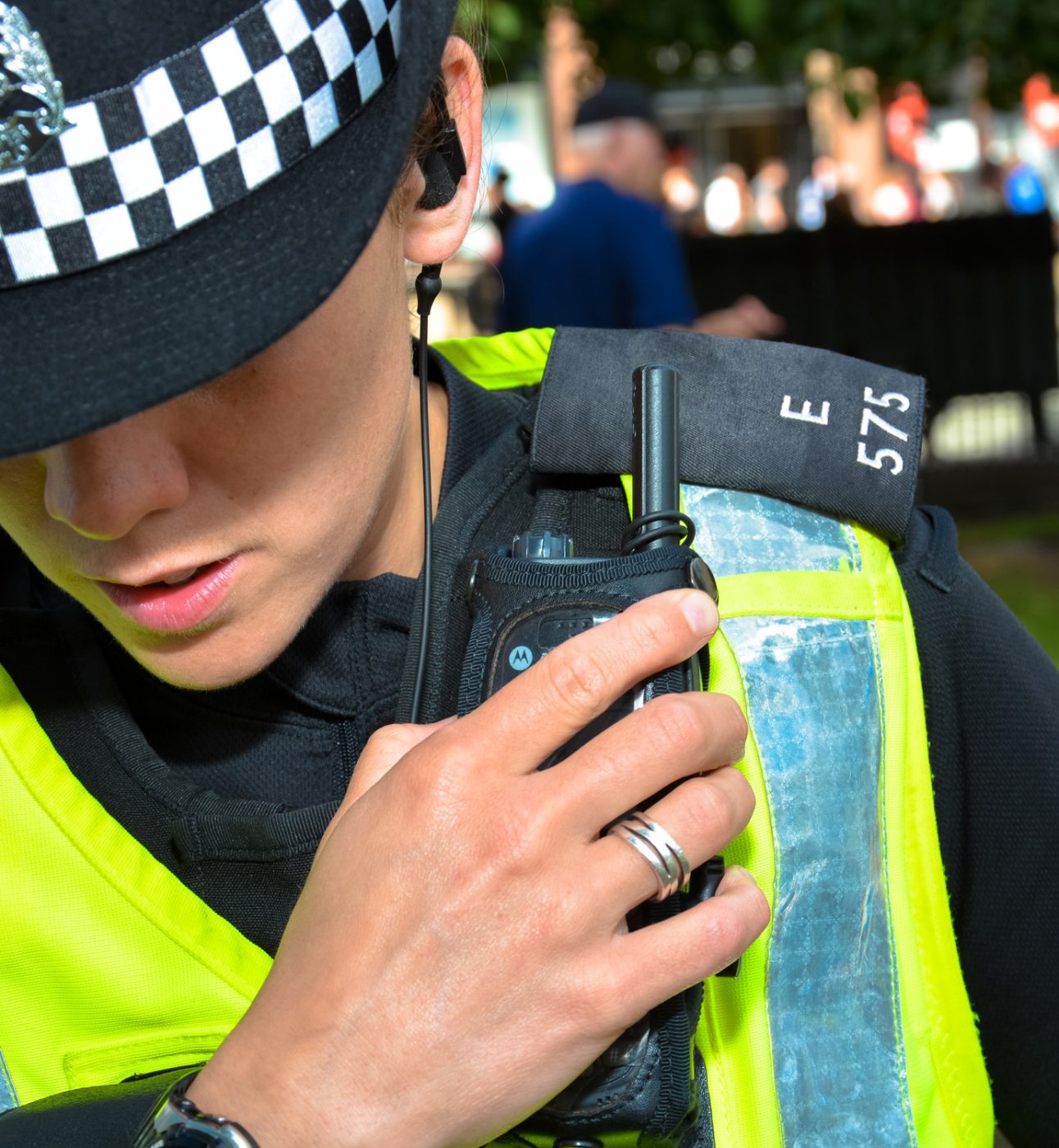Data published today by ONS demonstrates how domestic abuse perpetrators remain unaccountable and unchallenged.
UK domestic abuse charity, SafeLives, welcomes the ONS data release today. The analysis shows a 23% increase in recorded crime relating to domestic abuse, yet perpetrators remain largely missing from the consequence of their crimes.
The latest ONS data provides analysis of 1,198,094 reports made to the police (2017/18) that were domestic abuse related, which resulted in 599,549 reported crimes, with just 38 arrests per 100 domestic abuse-related crimes. The report states that 12% of all police workload is related to domestic abuse, and yet this is only part of the picture.
Throughout the report, is it is clear that the perpetrators behind the two million people impacted by domestic abuse remain largely invisible. If we rely solely on the criminal justice system to hold perpetrators to account, we fail to reduce the risk posed by perpetrators who were not arrested, who were not charged, who were not prosecuted – or the clear majority of perpetrators who were never even reported to the police in the first place.
It is clear that only a relatively small proportion of the victims who call the police will find justice and safety through the criminal justice system, but that is also just the tip of the iceberg as this year’s Crime Survey for England and Wales (CSEW) found that only 17% of victims reported their experiences to the police
Suzanne Jacob, SafeLives’ Chief Executive said:
About the ONS data release
The ONS data release looks at domestic abuse in England and Wales for the year ending March 2018. The report brings together data on domestic abuse and its consequences from across police forces, the government and victim support organisations. It is the third annual report that brings these data together in one place and has been produced in response to a call from HM Inspectorate of Constabulary and Fire & Rescue Services (HMICFRS) for better information that enables more thorough analysis of how domestic abuse is dealt with in individual force areas.
We are pleased to have worked with the ONS and a wide range of organisations to contribute to the data in the release and we welcome the opportunity to shine a light on the experiences of victims of domestic abuse at a national level.



